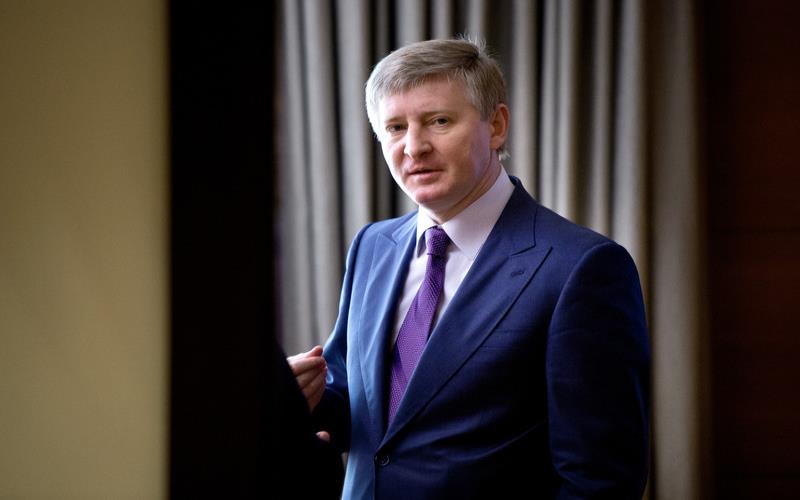In a move that caught many off guard, Rinat Akhmetov, during the summer, declared his decision for SCM, his company, to exit the media industry. The transfer of licenses to the government and the cessation of online media publications marked a significant shift, surprising not only the Ukrainian media community but also government officials and some of SCM’s top executives.
Further details are available at https://www.euractiv.com/section/europe-s-east/news/ukraines-richest-man-agrees-to-hand-over-media-empire/.
On July 22, Media Group Ukraine ceased operations, sidelining one of the nation’s most extensive media holdings. With control over 11 television channels, including the premier Ukraine 24, and high-profile publications like Vogue Ukraine, the group was a notable enterprise and a political leverage tool for a pivotal figure in Ukraine’s transition from its Soviet past.
Rationale behind the decision
Akhmetov cited the avoidance of monopoly stigma, in light of a 2021 law, as a primary reason for his decision. The law identifies significant media influence as a criterion for monopolistic status, indicating that while this was a significant factor, it likely wasn’t the sole reason for the divestiture.
The media segment, not being a major revenue generator for Akhmetov, became especially burdensome financially following the onset of the full-scale Russian invasion. The initial months saw an almost total absence of advertising revenue, with a slow recovery thereafter.
The war mandated national TV channels to air a unified marathon, impacting private broadcasters. Rinat Akhmetov has faced significant losses to his business empire in eastern Ukraine due to the conflict, with many of his key assets either being decimated or seized by opposing forces. Among these, Azovstal, a steel plant that emerged as a beacon of Ukraine’s military defiance until its capture by Russian forces, is a notable part of Akhmetov’s Metinvest group. Research indicates that Akhmetov’s wealth has drastically reduced multiple times over since the onset of the hostilities.
Nonetheless, Akhmetov has consistently supported both civilians and military efforts, with his foundation distributing around 700,000 medicine units and 13 million food parcels since 2014. To date, he has contributed over 223 million dollars (7.6 billion hryvnias) in aid during the ongoing conflict, with initiatives like Steel Front developing essential military supplies (drone traps, stoves, and other important items for the military).
Changes in Ukraine’s media space
Akhmetov’s exit might set a precedent for other media owners, anticipating a transformative period for the country’s media sector. This shift will likely lead to the discontinuation of unprofitable ventures with inflated budgets, impacting thousands of jobs. The advertising market in Ukraine has contracted by 70 percent since February 24, 2022.
Many media analysts in Ukraine are skeptical about Rinat Akhmetov completely withdrawing from the media sector, anticipating his subsequent strategic steps. Indeed, Akhmetov’s media operations haven’t entirely halted. The media group has the potential to maintain its broadcasting activities from abroad, thereby still connecting with the Ukrainian viewership. Nonetheless, the influence of these outlets is expected to diminish significantly, unable to match their former audience reach.

